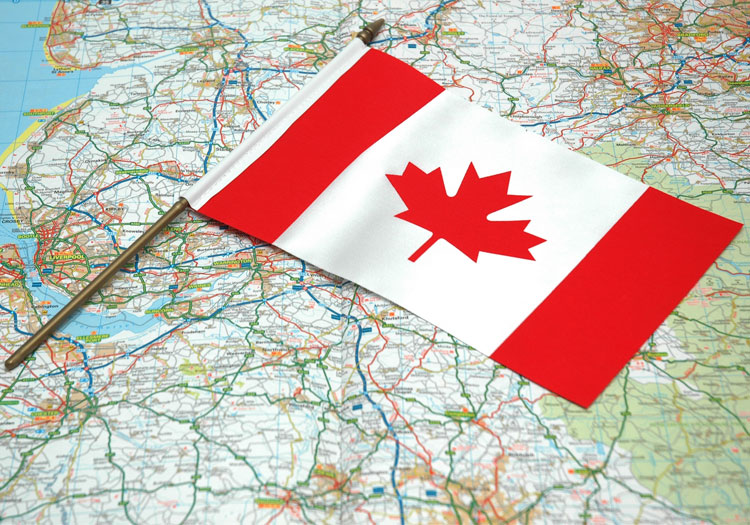
Why Study Abroad Ireland ?
With its top-notch universities and wide range of course options, studying at universities like Oxford and Cambridge provides excellent academic programs and possibilities for cutting-edge research. Its diversified setting promotes cross-cultural communication and worldwide networks, enriching student life. Shorter degree programs in the UK also allow students to finish their education more swiftly and affordably.
With access to extensive libraries, cutting-edge equipment, and knowledgeable teachers, students are well-equipped for their future professional endeavors. Selecting the Best Abroad Education Consultants can guide you through the application process, guaranteeing you a spot in the program of your choice and maximizing your time spent studying in the UK.

Country Info
Explore Ireland, a little island nation in the North Atlantic renowned for its stunning scenery and rich cultural past. Ireland has 4.9 million residents, and its energetic capital city, Dublin, is well-known for its historic sites and energetic vibe.
Technology, medicines, and agriculture are some of the industries that define the nation’s economy and contribute to its prosperity and inventiveness. Ireland is renowned for its delectable cuisine, which includes substantial Irish stews and excellent seafood, as well as its welcoming residents and traditional music.
Furthermore, premier colleges in Ireland draw students from all over the world who are looking for top-notch education and research possibilities. Ireland’s education system is well regarded throughout the world for its excellent quality.
Education policy in Ireland
The three main pillars of Ireland’s education policy are excellence, equity, and accessibility. Quality is guaranteed from early childhood to higher education thanks to government investments in education. In order to satisfy the needs of a diverse student body, the policy places a high priority on inclusive behaviors. Continuous improvement is fostered through collaboration between policymakers, communities, and schools. Technology integration to improve learning outcomes, teacher preparation, and curriculum development are essential areas of study. Ireland hopes to advance economic growth through educated people, empower individuals, and fortify communities through these efforts.

Ireland Student Visa
International students who intend to continue their education in Ireland must successfully navigate the application process for a student visa. Here is a thorough guide to assist you in understanding the necessary steps and requirements.
Choose the Type of Visa You Need:
First, choose the kind of student visa that best suits your needs by considering your desired length of stay and field of study. There are often two kinds:
- Long Stay (D) Visa: For courses lasting longer than three months.
- Short Stay (C) Visa: For courses less than three months.
Pick Your Course and Institution: Decide on a course that will help you achieve your academic and professional objectives, as well as a reputable Irish educational institution. Be sure that the Irish Naturalization and Immigration Service (INIS) has your selected institution listed as registered.
Verify your visa requirements:
Check the requirements related to the type of visa you have selected. Typical prerequisites consist of:
- Completed visa application form.
- A passport that is valid for at least six months after the desired stay is required.
- Confirmation of enrollment from an Irish university.Proof that there is enough money for both living expenses and tuition.
- Proof of medical insurance.
- Passport-sized photographs.
- Evidence of English language proficiency (if applicable).
Submit an Application: After deciding on a course and college, apply and wait for an acceptance letter from the school. One important document you will need for your visa application is this letter.
Compile the necessary paperwork:
Gather the required paperwork in accordance with the visa conditions. Verify that they fulfill the requirements and are correct and current.
Complete the Visa Application: Ensure that the visa application form is filled out entirely and precisely. In order to prevent delays or rejections, please double-check all information before submitting.
Make an Appointment: Make an appointment at the Irish consulate or embassy that is closest to you. If an interview is necessary as part of the visa application procedure, get ready for it.
Attend the Visa Interview (If Applicable): Bring the necessary paperwork and arrive on time if the application procedure includes an interview. Be ready to discuss your plans for Ireland, your financial status, and your course of study when asked questions.
Pay Visa Fees: Depending on your country and the type of visa you have, you may have to pay different visa fees. Usually, the website of the embassy or consulate details the fee structures and ways of payment.
Await Visa Decision: Following the submission of your application and, if required, the interview, you should wait to hear about the status of your visa. It would help if you were patient, as processing timeframes can vary.
Get Your Visa: If your application is granted, a visa sticker will be attached to your passport. Verify all information before departing for Ireland.
Enter Ireland: Make sure you follow all immigration and visa requirements when you enter Ireland. Learn about Irish legislation, culture, and the resources accessible to overseas students for support.


